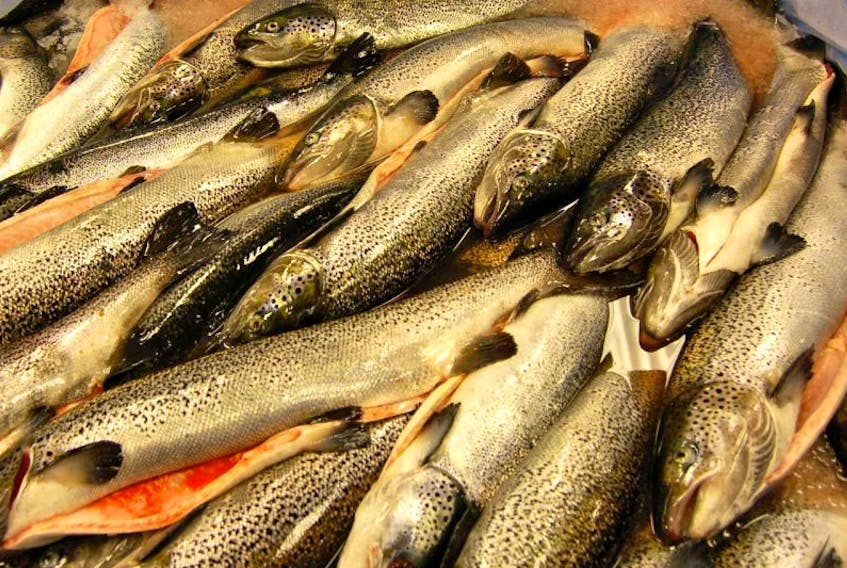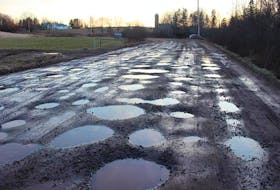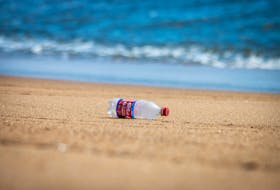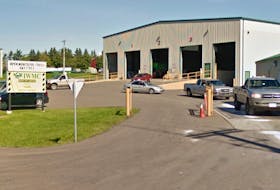“Those who cannot remember the past are condemned to repeat it,” George Santayana wrote.
Those are words worth remembering, even if you’re looking into the near past and last August’s collapse of an open water salmon operation in Puget Sound that released 260,000 Atlantic salmon into the open ocean.
New Brunswick-based Cooke Aquaculture and officials in the state of Washington are in considerable disagreement about the causes of the failure, but what is clear is that the state now believes that the facility was not properly maintained, and that there was a build-up of mussels and other marine life on the surfaces of the net pens. State authorities argue that the fouled pens — already corroded and past their useful life — were destroyed by the force of currents against them. The investigators argue that cleaning equipment was broken down, and that Cooke deliberately misled regulators and the public about the extent and causes of the net collapse.
They’ve fined Cooke US$332,000 for water quality violations.
For its part, Cooke fired back that the report was prepared by, “investigators with limited experience … (who) produced an inaccurate and misleading document that appears to be intended to fuel the push by aquaculture opponents to put Cooke out of business in Washington State.”
Since the collapse, the regulators have been inspecting all of Cooke’s facilities, and at least one has failed that inspection, resulting in the cancellation of Cooke’s Port Angeles aquaculture permits. At this point, Cooke has lost five of its nine production sites in Washington State waters, and there are now several calls for open water pen aquaculture to be banned from Washington’s waters.
But worth pointing out is that, if the Washington State investigators are correct about the state of Cooke’s pens, it’s not only Cooke that’s to blame. Regulators aren’t only meant to regulate after the damage is done. They have a significant role in ensuring that projects are properly reviewed and properly managed. Too often, it seems, regulation is after the fact — beforehand, the general discussion of large-scale aquaculture programs always seems to focus on the size the investment and the number of jobs that a facility is likely to create.
Trying to deal with regulatory failures after massive escapes occur is clearly closing the barn door well after all of the horses have left the building.
The time for carefully, conscientious review of fish farming projects is before the pens go into the water — oh, and on a regular and consistent basis thereafter.
The blame for massive escapes of farmed fish — and their effects on wild fish populations — are clearly the fault of aquaculture operators.
But those failures are aided and abetted by politicians and regulators who turn a blind eye to risk, while basking in hazardous job-creation successes.









